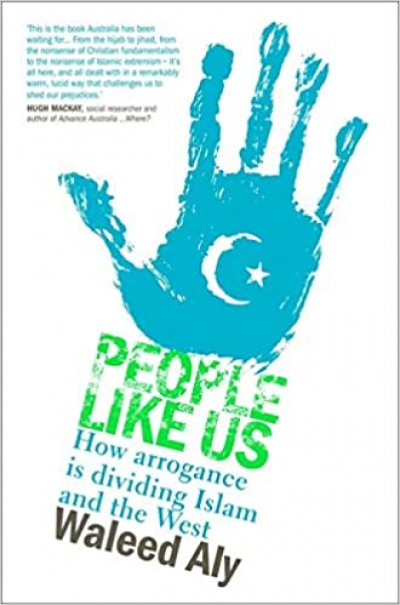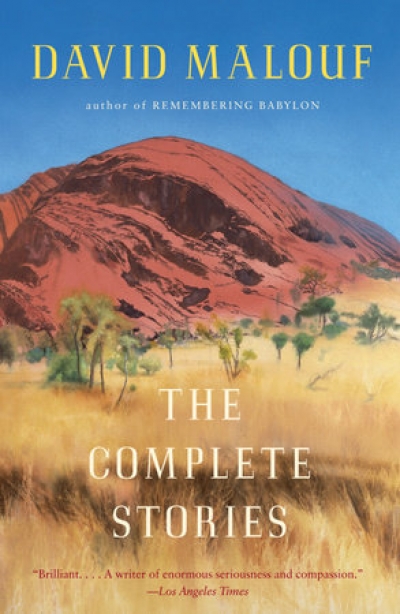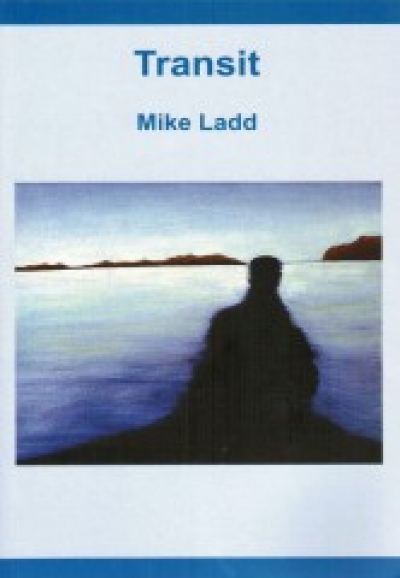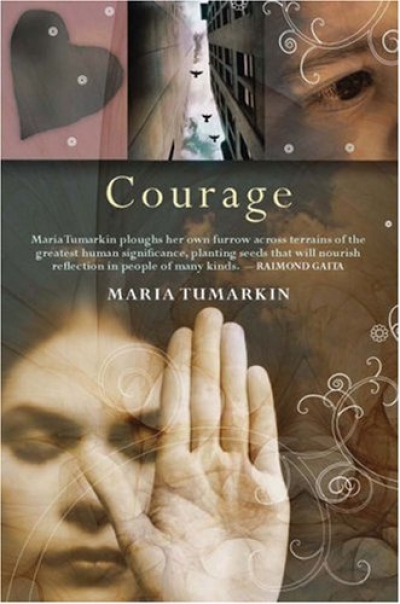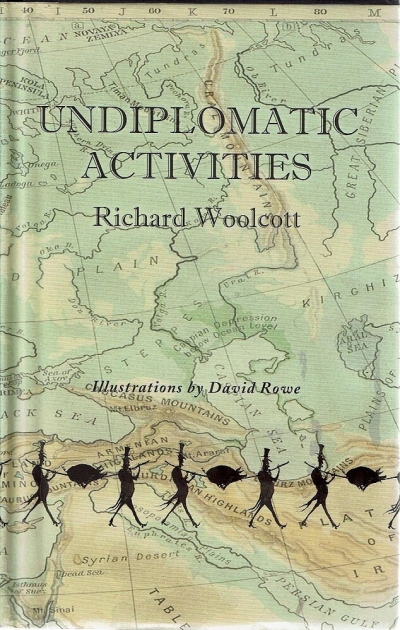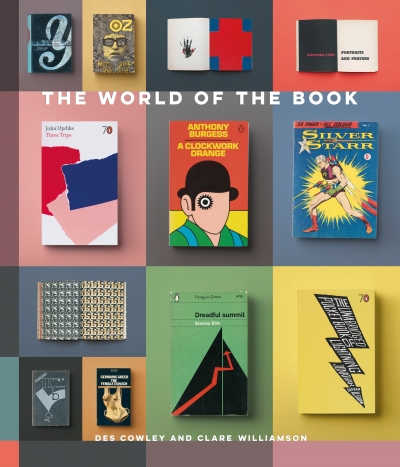Archive
The Israel Lobby and US Foreign Policy by John J. Mearsheimer and Stephen M Walt
Calling for a revolution in higher education
Dear Editor,
In his victory speech on 24 November 2007, Kevin Rudd reaffirmed education as a key priority for the future of this country. We believe that a true education revolution must include a new wave of higher education reform - reform that will redress the imbalances that have characterised the sector of the last decade or more. Such reform should redirect resources back into the core university activities of teaching and research. We urge immediate attention and commitment to the following:
... (read more)Historian John Nicholson has never written about war or sport – two of the pillars of Australian identity – yet he remains our leading writer of history for young people. I reviewed Songlines and Stone Axes (ABR, April 2007), the first book in a five-volume series of trade, transport, and travel within Australia. The book won the Young People’s History Prize in the 2007 New South Wales Premier’s History Awards, recognition that should ensure a wider audience. Songlines and Stone Axes revealed the extensive symbolic and material exchange within and between Aboriginal and Torres Strait Islanders, blending patient research of scholarly journals with a firm sense of what will catch a younger reader’s interest and imagination. The book requires readers to re-examine their understanding of Australia’s first people, and reflect again on the country that Europeans entered.
... (read more)Like Us: How arrogance is dividing Islam and the West by Waleed Aly
Undiplomatic Activities by Richard Wollcott, illustrations by David Rowe
was all it said
just a tiny message
to let me know
that all the way over there
where she was
... (read more)

